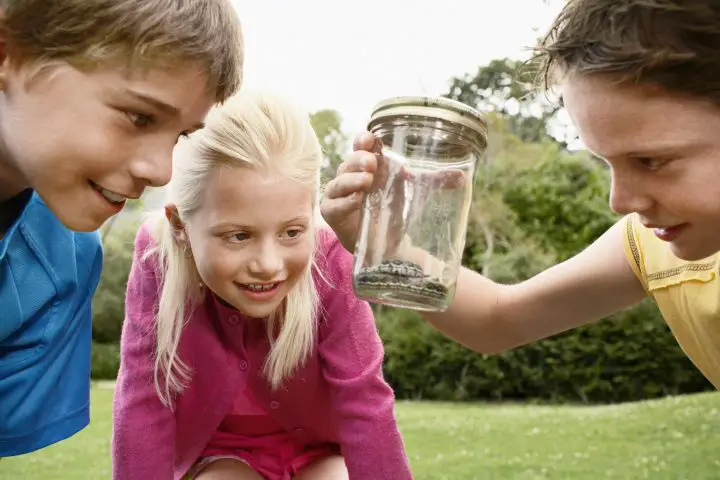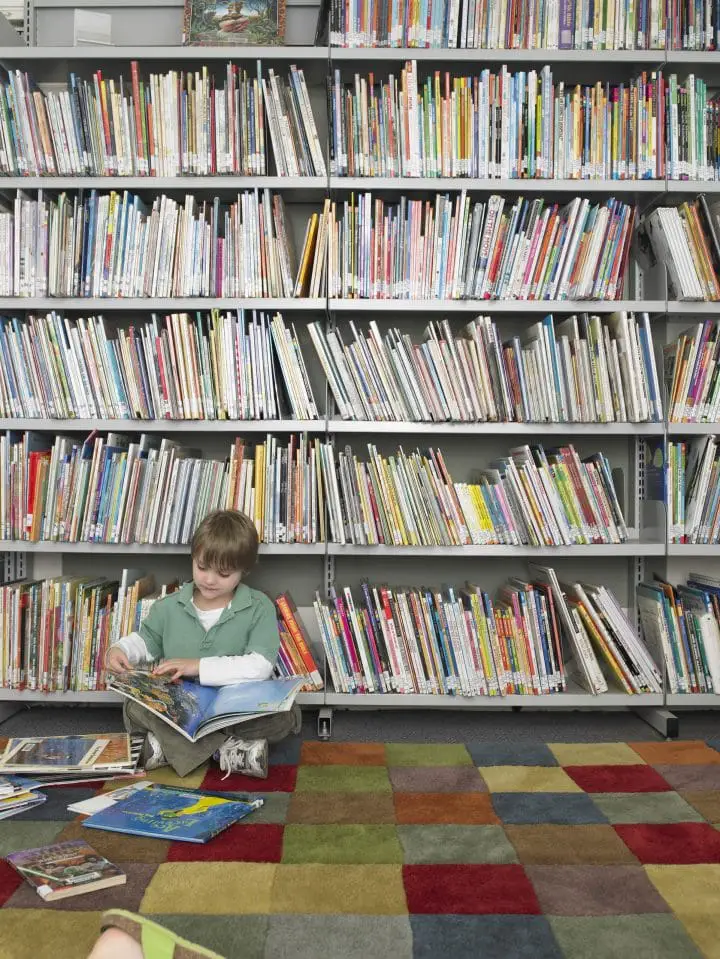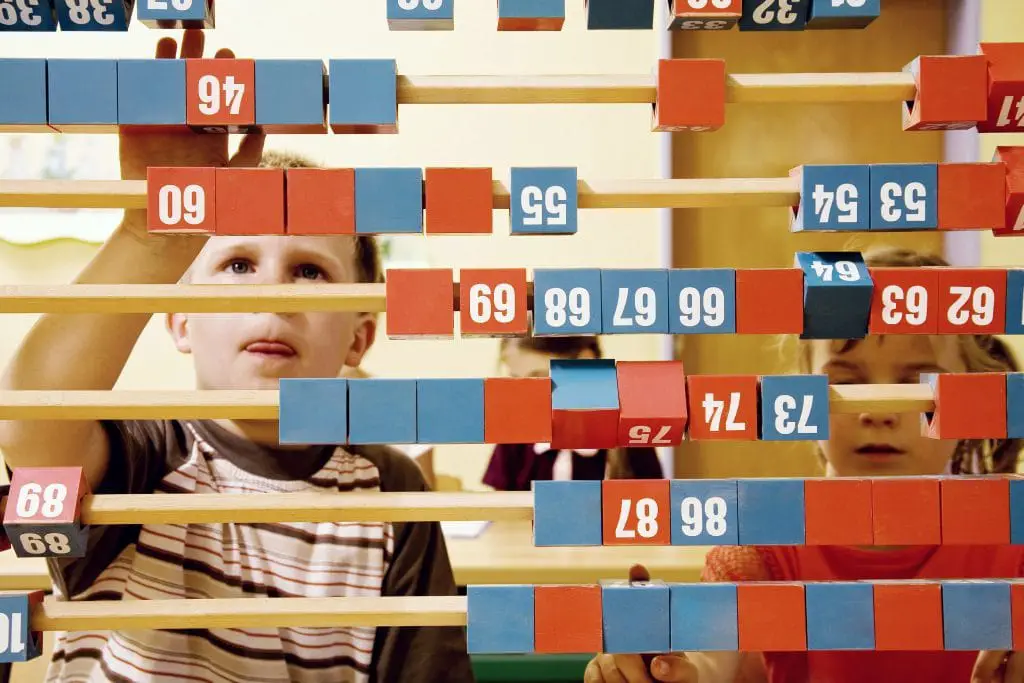There’s a fear deep in the heart of just about every loving parent on this planet. It’s something that isn’t spoken about, but it lingers like a shadow, playing on our fears and our doubts.
“Am I doing enough for my children?”
“Is what I’m doing making them smarter, or breaking them down in some way?”
If you’ve ever had these questions running through your mind, know that you’re not alone. We all doubt our abilities. The key is to focus on what we want for our children – to be happy, successful and accomplished at whatever they choose to do. In a nutshell, we want them to be smart enough to make their own choices, decisions, and act in a way that will draw them closer to what they want.
The biggest challenge with this journey into being smart is that there is not one single solution. The second challenge is that our children will often doubt themselves. As Michio Kaku says in this video:
All children are born geniuses, but are crushed by society itself – Michio Kaku, theoretical physicist
Einstein had similar sentiments. As does Sir Ken Robinson. So, how do we keep them on the journey to becoming smart? How do we guide them into discovering, rediscovering and choosing their own innate intelligence? Let’s start by defining what smart means.
What is Smart? Let’s Define it
In Caroline Dweck’s research on the growth mindset, she points out how dangerous it can be to praise a child for being smart. Why? Everyone has a different idea, perspective and belief on what being “smart” means. For Dweck, when we praise someone for their accomplishments, we disregard the process that they went through to get to the goal. But that’s where the real juice is. What is the dictionary’s definition of intelligence?
“Intelligence, acumen” – Oxford Dictionary
So where does intelligence begin?
Where does a child begin to exercise this intelligence?
Intelligence is so broad that many people have dedicated their lives to studying it. It’s something that we can work on every day, in so many different ways. Howard Gardner gave us the idea that there are many different forms of intelligence to explore. There was something critical that he was driving at, though. It was the starting point of all intelligence: curiosity.
A child’s intelligence starts with curiosity. Referring to Michio Kaku again, he says that children are born scientists. They’re inquisitive, almost to the point of frustration with their parents. Some people think that this is just a phase that children go through, but it’s more than just a phase. Curiosity is a way of life. In the working world, there’s a strong case for curious people.

If you want your children to perform better at school, welcome their curiosity. Encourage it. Curiosity is the foundation for all learning. It’s a personal journey that our children will go on, with advice and guidance from adults. And this is where the real challenge that we, as fathers or well, parents, face. We need to ensure that they stay on the path.
Often, adults will completely crush a child’s curiosity without even knowing it. It could be a teacher, a family member, or even you. So, how do we stop this from happening?
5 Steps to Stop their Curiosity from being Squelched
While things will happen that are outside of our control, there are measures we can put in place so that our children continue to develop their curiosity. Once we learn to hold this space for them, we allow them to learn the process behind being curious…and staying curious.
1. Find out what they’re curious about
Research points out that the home environment is critical to cultivating curiosity. What you do at home with your children sets them up for what they’re going to do outside the home. Be open to allowing them to be curious. Ask them open-ended questions that activate their thinking.
“What are the things that you think about?”
“What do you wonder about?”
“What would you like to learn more about?”
Don’t worry if the answers don’t come right away. Every child develops, thinks and grows at a different pace.

2. Help them clarify their question
When they do emerge with a question, this is where you can help them to refine it. The more clear the question is, the easier it will be to explore it. Hold yourself back from giving answers. Ask your child lots of questions. Keep them open and don’t lead them. This is their chance to take the lead.
For example:
“Dad, I wonder about flowers.”
“What about the flowers do you wonder?”
“I wonder how they grow?”
“Okay, so what do you want to know about flowers?”
“I want to know how flowers grow.”
3. Support their research
No matter how old your child is, there are many ways for them to do research into their question. For very young children, you’ll need to do the online research work. Take your time with this. As much as you’re operating the computer, remember that they’re driving the learning. Let them lead you, even if it’s down a dead end.
Use kid-friendly search engines like Kiddle, KidRex and KidzSearch and teach them about internet safety. YouTube has a special product specifically for kids that they can use. I’m using it regularly and it’s great in many respect. Regardless of their age, give them time to learn what research is.
“Is there anyone that we know that you can speak to about your question?”
“Can you find different answers to your question?”
“Do the answers make sense to you? Do you understand them?”

4. Challenge their Beliefs and Judgements
Once your child has an answer, it’s time to stress-test it. Ask them to explain to you what they learned. Ask them to explain the process or the steps. Listen for understanding. Once they’re done, ask them questions about what they’ve just told you. If something wasn’t clear, ask them to explain that part again. Remember that this is probably the most challenging part of the entire experience.
Some of your ideas and beliefs may differ from your child’s. Do you want them to be independent and critical thinkers? Do you want them to continue being independently curious, seeking sound council? Allow them to express themselves without pinning your judgments to their beliefs. Seek understanding as your foundation and theirs. If there’s something they can do to show their understanding, get them to do that.
5. Debrief their experiences
John Dewey had a great impact on education and learning. One of the things that he stressed was learning happened in action and also after action. Reflection is a vital component of learning. Debriefing is about reflecting on the process that they want through to get the answers that they found. It allows them to refine their process, see where they can improve on their steps, learn from their mistakes, and speed up their learning for future references.
The other major purpose of debriefing is to discuss any emotions or challenges that came up. If they had a negative emotional experience in going through this process, you want to know about it. Especially if it involved getting information or feedback from someone else.
Here are a few questions to help with you debrief:
- What worked for you, or helped you find your answers?
- What didn’t work for you, or stopping you from finding the answers?
- What did you enjoy finding the answers?
- What didn’t you enjoy?
- What can you do to make it easier for yourself to find answers next time?
- What would you like to try next?
The process of learning never ends. If this idea makes you tired, don’t worry. Children are fast learners. Soon they will be doing research without you. Once a child learns the application of something, it’s very hard to stop them from doing it!
The Cardinal Rule
As much fun as research and finding answers can be, there is one thing that you must teach your child. This one thing is fundamentally important to their future. It will determine how they perceive another person’s perspective and how they deal with conflicting ideas. Answers are only as good as the information that we have at our disposal.
Over time, beliefs can change. Pluto was once a planet. And then it wasn’t. And now it is again. We need to teach our children to be agile and open in their thinking. The earth was once considered flat. Cigarettes were once promoted by sportsmen. What we believe as a society, will change over time. Let them be okay with this. Holding onto ideas that don’t have a foundation is the cause of a lot of conflict in our homes, communities, countries and world today.
Teach your children that we do the best we can with the information that we have right now. It might change. And that is okay.
Final Worlds
Within your child, there is a genius. It may be on the sports field, or in the classroom. It may come alive in front of people, or when they’re alone. It might be something they create with their hands, or how they lead others to do the same. They might be geniuses at engineering or world-changing artists. You aren’t meant to know where it is, or how to find it.
Your journey is allowing them to find out how they are smart, by making it a safe space for them. And then keep them on the journey to building up these smarts. This is the essence of fatherhood.


